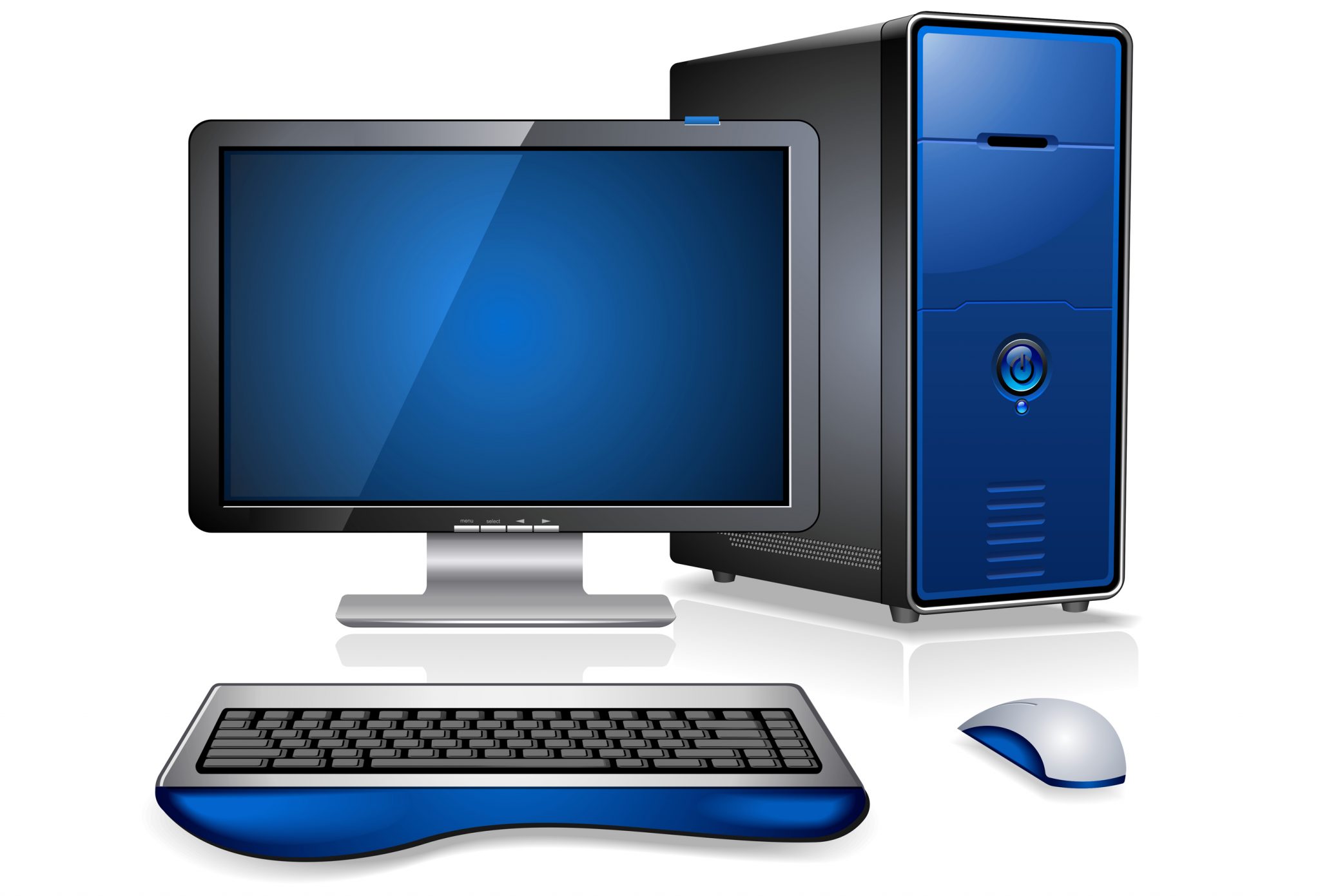Researchers at Carnegie Mellon University’s Robotics Institute have enabled a laptop to understand the frame poses and movements of more than one human from the video in actual time — inclusive of, for the first time, the posture of each character’s hands.
This new method evolved with the assistance of the Panoptic Studio, a -story dome embedded with 500 video cameras. The insights from experiments in that facility now make it feasible to stumble on the pose of a collection of humans using a single camera and a laptop.
Yaser Sheikh, the associate professor of robotics, said those methods for monitoring 2-D human form and motion open up new ways for people and machines to interact with each other and apply tools to understand the area around them better. For instance, the potential to recognize hand poses will make it possible for people to interact with computer systems in new and greater natural approaches, including communicating with computer systems clearly by pointing at matters.
Detecting the nuances of nonverbal verbal exchange among individuals will permit robots to serve in social spaces, allowing them to perceive what people around them are doing, their moods, and whether or not they may be interrupted. By monitoring body language, a self-driving car should be warned early that a pedestrian is about to enter the street. Enabling machines to apprehend human conduct could permit new behavioral analysis and rehabilitation approaches for situations with autism, dyslexia, and melancholy.
“We speak nearly as much with the movement of our bodies as we do with our voice,” Sheikh stated. “But computers are more or less ignorant of it.”
In sports analytics, real-time pose detection will make it viable for computers no longer most effective to music the location of each player in the sphere of play, as is now the case; however, to additionally realize what players are doing with their arms, legs, and heads at every factor in time. The strategies may be used for stay events or applied to current videos.
The researchers released their computer code for multi-person and hand-pose estimation to encourage additional research and applications. Studies groups are extensively utilizing it, and more than 20 business corporations, including automobile companies, have expressed interest in licensing the technology, Sheikh said.

Sheikh and his colleagues will give reviews on their multi-person and hand-pose detection strategies at CVPR 2017, the Computer Vision and Pattern Recognition Conference, July 21-26 in Honolulu.
Tracking more than one person in actual time, especially in social conditions where they’ll keep in touch, provides some demanding situations. , using programs that track a person’s pose does not include paintings well while implemented to each in a collection, mainly when that organization gets massive. Sheikh and his colleagues took a backside-up technique, which first localizes all of the frame parts in a scene — arms, legs, faces, and many others. — and then friends the one’s elements with particular people.
The challenges for hand detection are even extra. As humans use their hands to hold items and make gestures, a digital camera will not simultaneously peer all parts of the writing. Unlike the face and body, large datasets of hand pics have not been laboriously annotated with labels of components and positions.
“A single shot offers 500 perspectives of a person’s hand, plus it automatically interprets the hand function,” Joo explained. “Hands are too small to be annotated by way of most of our cameras, but, for this observation, we used just 31 high-definition cameras, but had been capable of building a significant statistics set.”
Joo and Tomas Simon, some other Ph.D. The student used their hands to generate lots of perspectives.
“The Panoptic Studio supercharges our research,” Sheikh said. It could now improve frame, face, and hand detectors by collectively schooling them. Also, as paintings progress to transport from the two-D fashions of human beings to three-D styles, the power’s capability to routinely generate annotated snapshots may be essential.
When the Panoptic Studio was constructed a decade ago with aid from the National Science Foundation, it was no longer clear what impact it might have, Sheikh stated.
“Now, we can often interrupt through some of the technical obstacles because of that NSF furnish ten years ago,” he introduced. “We’re sharing the code, but we’re additionally sharing all the statistics captured in the Panoptic Studio.”
Methods of Computer Networking
Local place network (LAN)
A neighborhood location system remains limited in a tremendously small area. It is beneficial in offering services to a small range of human beings. Networks in small workplaces and homes are some examples of LAN.
Small workplace and Home networks are also peer-to-peer networks wherein the minimal resource is used, and every patron stocks their funds with different workstations in the network.
Another LAN is a customer-server network where each customer remains related to the server and each other. Servers in customer-server networks are of various capacities. There are kinds of patron-server networks:
Single-carrier servers appearing as unmarried projects, say, as a file server, and
The print server acts on more than one task, say, as a record server or print server, carrying out calculations and presenting documents to the patron on the result of the measures.
Ethernet cables, Wireless networks, or wires, including energy traces or phone strains, may be used to connect computers in LAN.
Full location community (WAN)
A wi-fi community is based on records transmission over sets of radio transceivers. It’s far the same as a LAN or a WAN. The only difference is that no wires exist between hosts (customers) and servers. These sorts of networks are beneficial for places where putting in wired networks is either too expensive or inconvenient. It makes use of IEEE media access protocols for LANs. The local loop is designed to connect nodes over larger distances via satellite communications, cell radio, or Wi-Fi. The velocity and speed of data transmission vary largely depending on the method of communication used.






